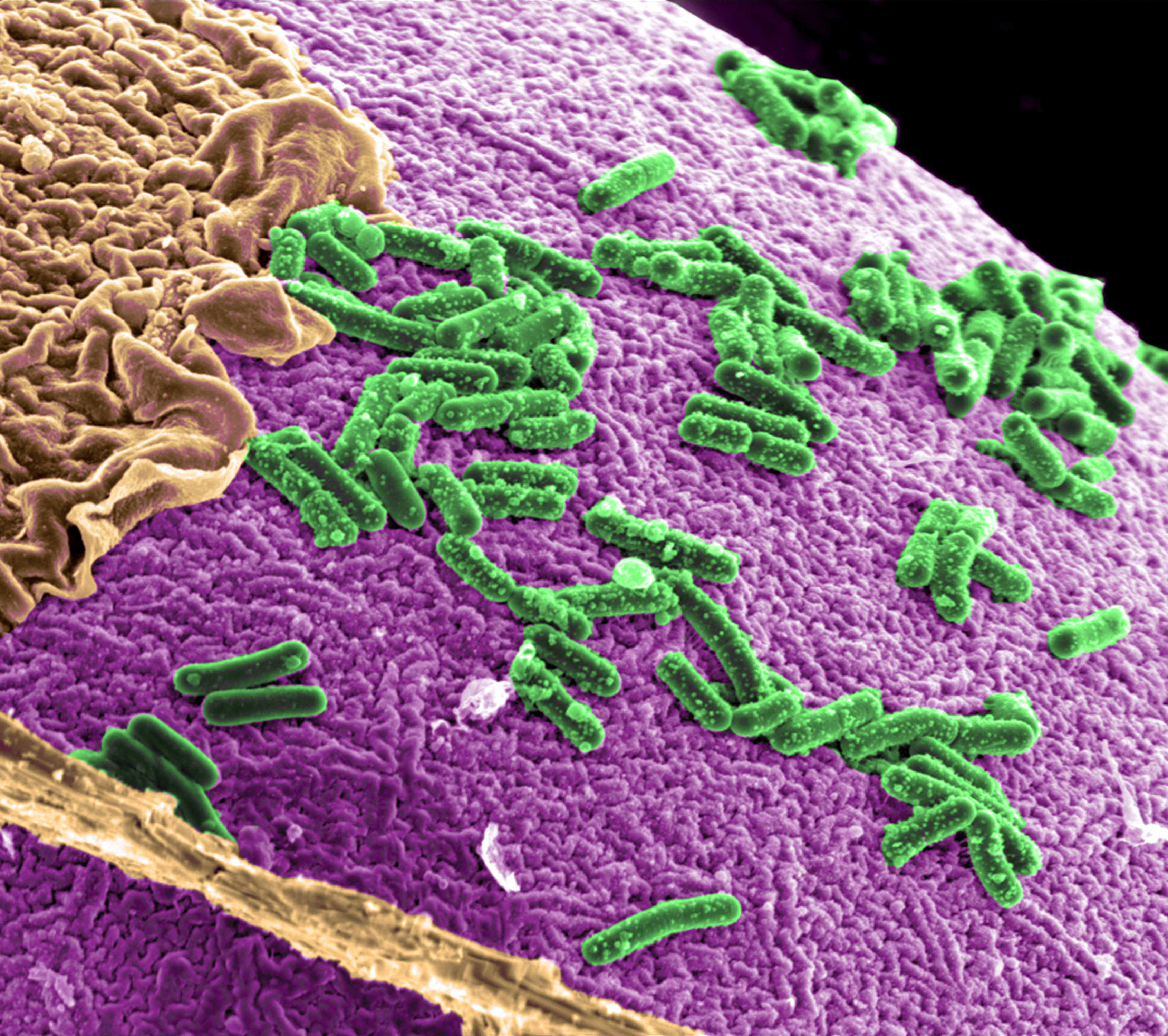California-based Evolve BioSystems recently closed a $9 million Series A round led by Hong Kong-based venture capital firm Horizons Ventures, with participation from seed-stage investor Tate & Lyle Ventures and a number of angel investors.
The company specializes in developing novel solutions to resolve microbial imbalances (dysbiosis) in the human infant microbiome — the ecological community of microorganisms that share our body space — that can be a result of pre-term birth, Ceasarian-Section deliveries, and exclusive use of infant formulae.
In 2014, Evolve completed a seed round to help prime the company to conduct clinical trials and get the product closer to a market launch point. This new round of funding will be used to support Evolve’s ongoing clinical activities, operational expansion, and preparations for the commercial launch of its probiotic and prebiotic products.
Originating at the University of California Davis Foods for Health Institute (FFHI), Evolve builds on more than a decade of research into understanding the uniqueness of the infant microbiome and its intimate interaction with breast milk components. Early breakthroughs in Evolve’s research include the discovery and development of products to restore the human infant microbiome to its natural state. The technology is now being applied to solve dysbiosis issues throughout the human life cycle as well as in similar problems in animal species.
“Completion of the Series A round ahead of schedule is a reflection of both the importance of the ground-breaking discoveries of the Company’s founders at the University of California at Davis, and a compelling business case that focuses on the improvement of the health trajectory for babies worldwide,” Evolve chief executive and former Martek Biosciences founder David Kyle said in a press release. Martek sold to DSM in 2010 for $1.1 billion.
As a participant in Evolve’s August 2014 seed round, Tate & Lyle Ventures has continued its involvement with the company through a $2 million investment during the recent Series A round. The investment marks the first play for Tate & Lyle Ventures’ second fund, established in 2013 to invest up to £30 million over an eight-year period in start-ups and expansion-stage companies in food sciences and enabling technologies in line with Tate & Lyle’s strategy to grow in speciality food ingredients.
“We’ve been interested in digestive health for a long time,” Tate & Lyle Ventures managing partner Simon Barnes told AgFunderNews. “This whole area of the microbiome has really become very interesting in the lsat few years to the venture community. It’s the impact that the microbiome can have on all sorts of facets of health, so we spend a lot of time looking at microbiome companies, talking to thought leaders in the microbiome field.” According to Barnes, the team looked at roughly 30 to 35 microbiome based companies before deciding to invest in Evolve.
“The fundamental thing about Evolve is that it is based on very, very strong science coming out of UC Davis. The professors there have been working on this field for a long time, so there’s a really strong fundamental scientific base, strong intellectual property building around that, and the really important part is that there is a very clear application and route to market,” explained Barnes.
“It’s relatively unique,” said Barnes. “There are a lot of companies that we saw looking at microbiome as a source of targets for pharmaceuticals and therapies. A lot of mapping of the microbiome and understanding what communities of bugs play roles in what types of conditions and developing something of it. Evolve was one of the companies where we saw a clear tangible product emerging.”
Tate & Lyle Ventures joined Evolve at a very early stage, allowing the team to participate in critical early stage development strategy and providing resources to help foster growth. “The focus in the last year has really been getting the human trials underway, building the intellectual property portfolio of the company, getting things ready for a Series A round,” he said. As far as the company’s next steps after completion of the human trials, Barnes anticipates introducing the product into hospitals and then moving into a wider consumer market.
“The route to market will really start to crystalize at this point. A key part of that will be working with key opinion leaders and healthcare and medical community members to start bringing the product forward into the market,” said Barnes. “We have a couple of routes that we are exploring.”
Have news or tips? Email [email protected].





